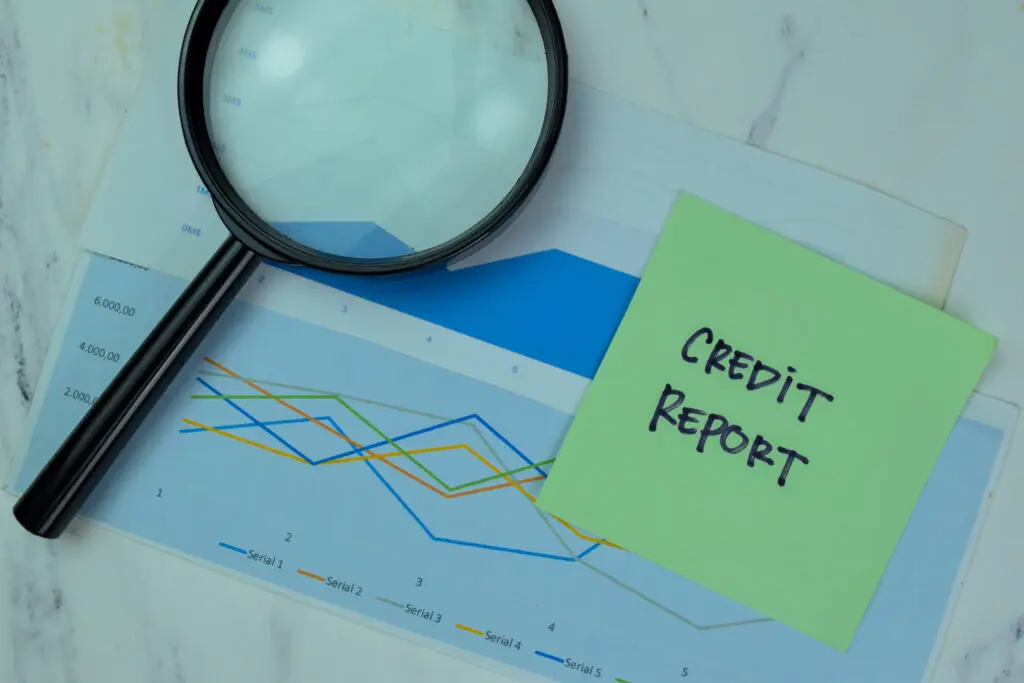Understanding Your Credit Report After Dealing with a Collection Agency
Dealing with a collection agency can be stressful, and its impact on your credit report can be significant. Understanding how collections affect your credit and the steps you can take to repair it is crucial for financial recovery. This guide will help you navigate the aftermath of collections, emphasizing consumer protection, debt help, and interactions with collection agencies.

How Collections Affect Your Credit Report
When a debt is sent to a collection agency, it can negatively impact your credit score. Here’s how:
- Credit Score Impact: Collection accounts can lower your credit score significantly, depending on your overall credit history.
- Duration on Report: Collections can remain on your credit report for up to seven years, even if paid.
- Multiple Listings: The original debt and the collection account may both appear, compounding the negative effect.
Steps to Repair Your Credit After Collections
Recovering from the impact of collections involves several proactive steps:
- Verify the Debt: Request a validation letter from the collection agency to ensure the debt is yours and the amount is accurate.
- Dispute Inaccuracies: If you find errors, dispute them with the credit bureaus to have them corrected or removed.
- Negotiate Settlements: Consider negotiating a pay-for-delete agreement, where the collector agrees to remove the account upon payment.
- Pay Off Debts: Paying off collections can improve your creditworthiness, even if the account remains on your report.
- Monitor Your Credit: Regularly check your credit reports to track improvements and ensure accuracy.
Understanding Your Rights and Protections
Consumer protection laws offer rights when dealing with collection agencies:
- Fair Debt Collection Practices Act (FDCPA): Prohibits abusive practices by debt collectors and grants you the right to dispute debts.
- Right to Dispute: You can dispute a debt within 30 days of being contacted, requiring the collector to verify the debt.
- Limitations on Contact: Collectors cannot contact you at inconvenient times or places, or harass you.
Additional Tips for Credit Repair
Beyond addressing collections, consider these strategies to rebuild your credit:
- Timely Payments: Consistently pay all your bills on time to establish a positive payment history.
- Reduce Credit Utilization: Keep your credit card balances low relative to your credit limits.
- Limit New Credit Applications: Avoid applying for multiple new credit lines in a short period.
- Use Credit-Building Tools: Consider secured credit cards or credit-builder loans to demonstrate responsible credit use.
Seeking Professional Debt Help
If you’re overwhelmed, professional assistance can provide guidance:
- Credit Counseling: Nonprofit agencies can help you create a debt management plan and offer financial education.
- Debt Settlement Companies: These companies negotiate with creditors to reduce the amount you owe, though they may charge fees.
- Legal Advice: Consult an attorney if you believe your rights have been violated by a collection agency.
Conclusion
Dealing with a collection agency can have lasting effects on your credit report, but understanding the impact and taking deliberate steps can lead to recovery. By exercising your consumer protection rights, seeking debt help when needed, and implementing credit repair strategies, you can work towards restoring your financial health.

